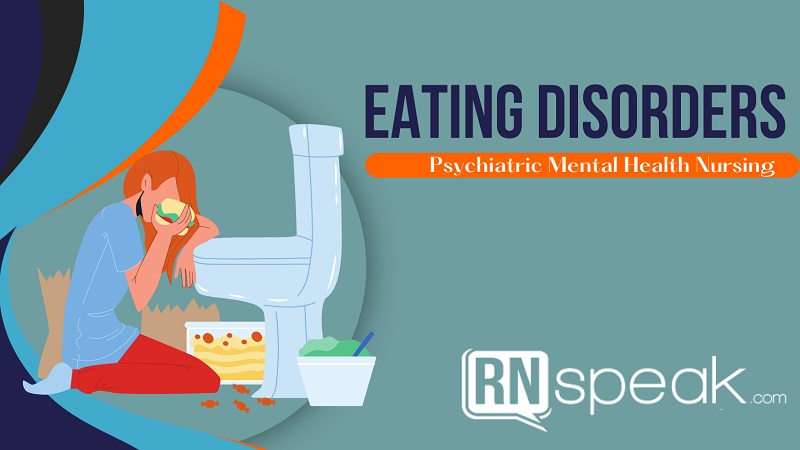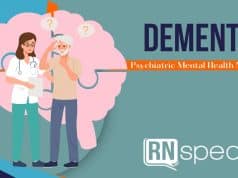According to statistics, Anorexia Nervosa has been affecting 1 out of 100 female teenagers for the past years. It is the most intriguing psychiatric illness compared to other disorders since it is likely linked to TV personalities and some superstar- wanna – bee individuals. Recently, the number of male college students who are diagnosed with this said eating disorder is increasingly evident- by which the reason seems to be similar with that of female teens, body image disturbance, sexual identity crisis and some peer pressures. It is an eating disorder together with bulimia nervosa and obesity. But unlike to the other two, this type of eating disorder is more of a psychosomatic or psychoneurotic illness brought about by extreme distortion in self- perception.
Anorexia is derived from the word, orexis meaning “not appetite” and Nervosa came from the word nerviosa meaning “intense fear”. It is described as having a disturbed perception of self or body image accompanied by refusal in maintaining a normal body weight, and intense fear of gaining weight or becoming fat- which later on results in amenorrhea or absence of menstrual period for three consecutive cycles (occurring in females).
According to Shives (2008), there are several theories attributed to its etiology.
a. Genetic or biochemical theories – there are five theories which assume that certain gene that is responsible for stimulating appetite; some abnormalities in hormones like serotonin, dopamine and norepinephrine; high levels in enkephalins and endorphins; excessive physical mobility resulting to some hormonal imbalances; and presence of obsessive compulsive disorder , respectively leads to anorexia nervosa.
b. Psychodynamic theories – these theories associate behavioural thinking. One theory says that a perfectionist and highly sensitive person is at risk to have it especially if she uses starvation as her self- punishment (introjection); another theory states that fasting can make a female gain control of herself; and the third theory implicates that starvation as a struggle for perfection makes an individual control of her emotional emptiness.
c. Family Systems theories – on the other hand, these theories speculates that high parental expectations and the want to gain attention from parents; preoccupation with weight by parents or siblings and insecurities in physical features; and rigid family systems contribute to the said psychiatric illness.
Clinical Symptoms
- Refusal to maintain normal body weight (less than 17.5 BMI)- Intense fear of gaining weight or becoming fat
Distortion in self- perception (body size or shape) - Amenorrhea
- Social withdrawal/ decreased interest in sex
- Insomnia
- Irritability
- Strong need to control one’s environment
- Other Signs & Symptoms:
- Refuses to eat
- Plays with food and only eats small amounts
- Dry, flaky skin
- Fine downy hair
- Russell’s sign
- Constipation
- Hypothermia, hypotension, and bradycardia
Diagnostic Characteristics
- Maintenance of body weight less than 85% EBW or expected body weight
- Extreme influence of body weight on one’s body image
- Denial of seriousness of extreme low weight
- Absence of menstrual period for three consecutive cycles
This type of eating disorder is challenging to most psychiatric professionals including us nurses. Please take note that anorexia nervosa is not only dealt with medications but it is mainly treated with simple but effective nursing approaches. Basic nursing considerations should include the following goals:
- Emphasizing proper nutrition and resumption of normal body weight
- Promotion of self- esteem and regaining trusting relationship with others
- Assisting client in demonstrating realistic, positive concept of self and body image.
- Behaviour modifications to control binging, purging, limiting of food intake, etc.
- Ensuring safe environment
References:
- Huelskoetter, M. & Beckmann, M.(1991). Psychiatric Mental Health Nursing: Giving emotional care. C & E Publishing Co.
- Shives, L. R. (2008). Basic Concepts of Psychiatric- Mental Health Nursing 7th Edition. Lippincott Williams & Wilkins.







